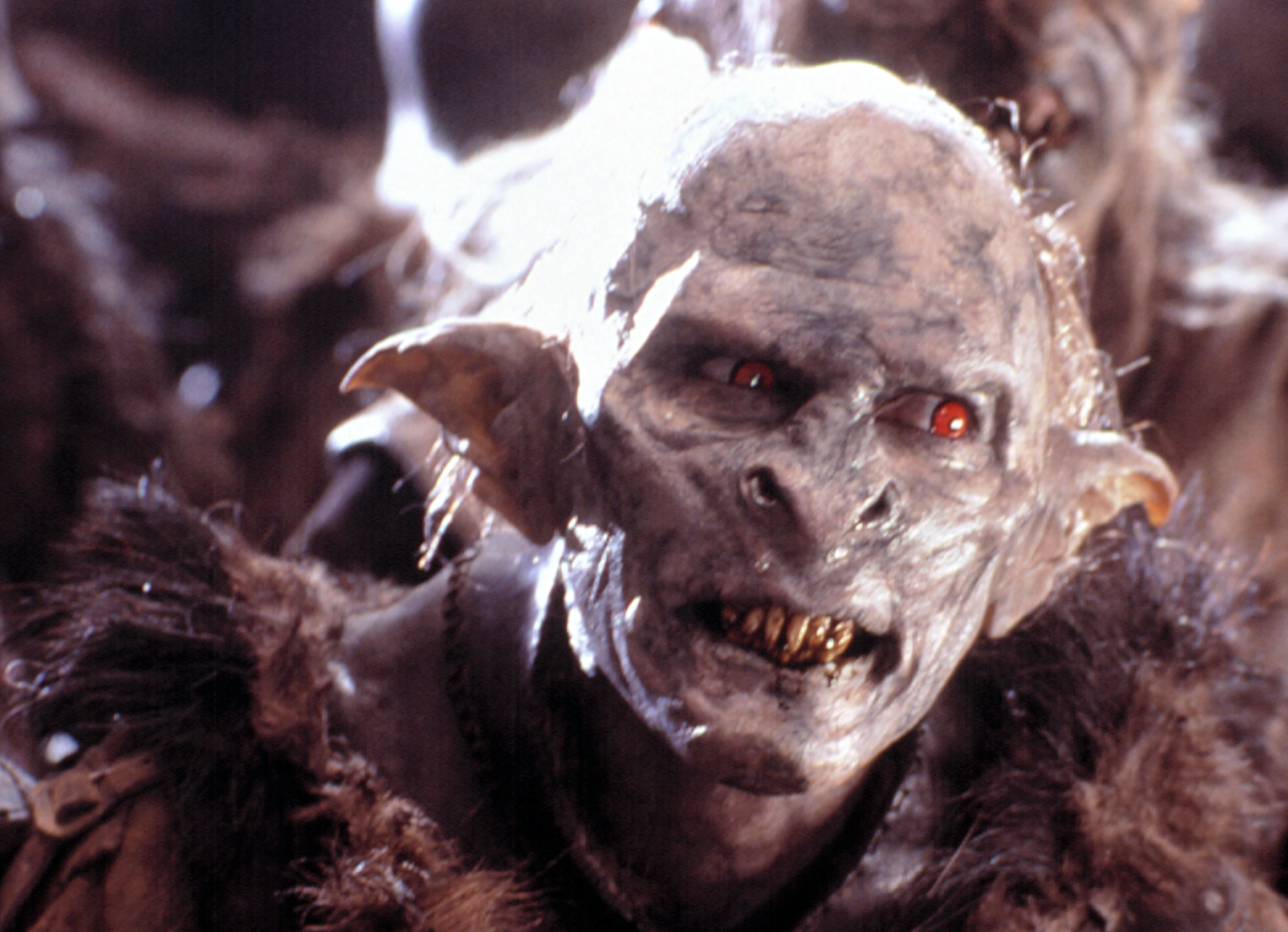Term of Disparagement
This is a gripping tale of the Oxford English Dictionary.
It starts right after World War 1, when a young officer recuperating from the effects of trench fever gets a job at the OED, working on the etymology of Germanic words that start with the letter W. From there, he began translating medieval English texts. Which ultimately led to him being named professor of Anglo-Saxon over at the university.
You would have never heard of him, had he not written a little adventure tale about a humble hobbit named Bilbo Baggins, and a quest to kill a dragon. At the center at that tale was the finding of a magic ring. And it ends with a great battle between dwarves, elves, men, giant wolves, and evil creatures called goblins.
Twenty years later, he published a sequel to the tale in three installments. It is the great history of the Rings of Power, a war to save the world, and the end of the Third Age of Middle Earth. And once again it pitted humble hobbits and all free peoples against evil, in the form of the Dark Lord Sauron and his minions of goblins, also known as orcs. It became the most influential written work of the twentieth century, and the most award-winning movie franchise in the twenty-first.
Which led to a meme. Which started on February 10, 2009, when a twitter user wrote, “m was full interactive goblin last night. it was as if she ate a bag of sugar-coated candy, then washed it down with a few red bulls.” The reference began to spread across social media as a term of losing control of oneself, often illustrated by images of wild animals and unflattering selfies. Which, not surprisingly, gained particular prominence during the pandemic, when we all kinda lost control of ourselves.
By 2022, the reference had gone so viral that in January, when folks were tweeting about the breakup of a famous musician and his girlfriend, they used it to describe his disdain for her propensity to lose control of herself, and even her favorite romantic position. The term blew up.
And so we come to the end of 2022, and full circle back to the Oxford English Dictionary. Every year they monitor the culture for new words and phrases that capture the spirit of the moment. And this year they have chosen a term that they define as, “a type of behaviour which is unapologetically self-indulgent, lazy, slovenly, or greedy, typically in a way that rejects social norms or expectations.”
And so here it is, from Oxford, to Tolkien, to Twitter, to Kanye, and back to Oxford again. Whose Word of the Year for ‘22 is…
“Goblin Mode”
Just in time for you to head toward the holidays, eat and drink too much, bathe and shave too little, and just let yourselves go. As in: “Go ahead, let ‘er rip, go full goblin mode, you nasty little orcs!”
